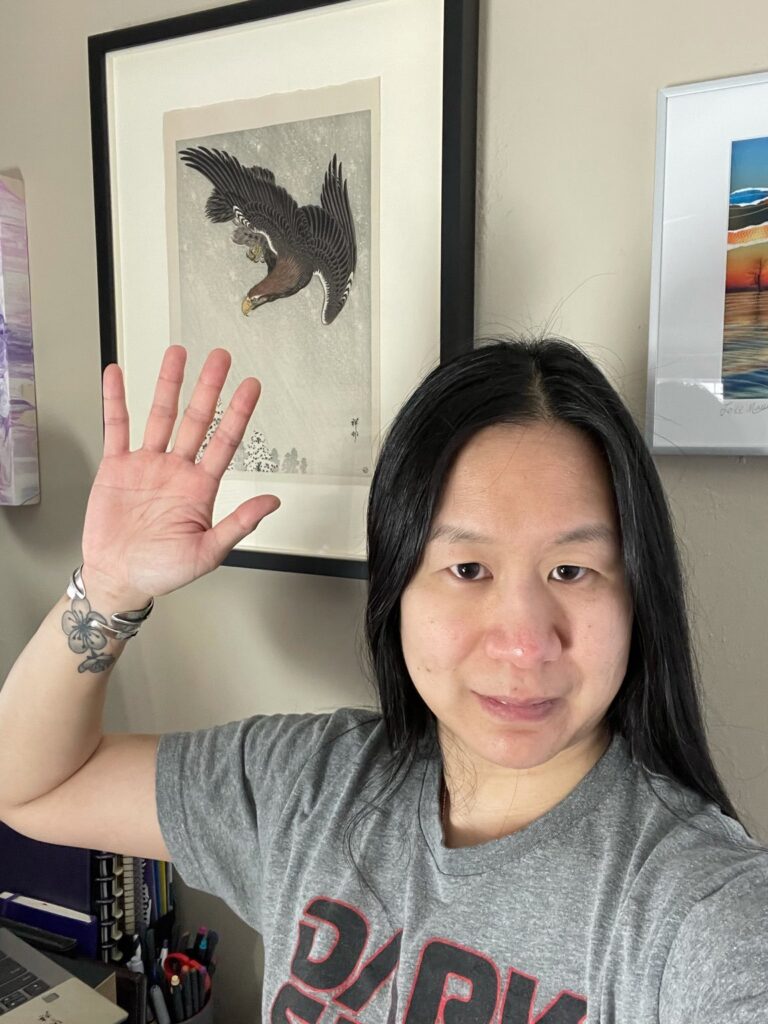
It’s International Women’s Day once again, and this year’s theme is “Choose To Challenge.” On one end, it’s about calling out bad behavior – bias and inequality. On the other, it’s about showcasing women who have achieved. There’s a lane in the middle, though, that I think is particularly relevant to women who face the world on our own, voluntarily or not, and that’s about choosing the challenge the status quo, the expectations, the baggage really that can come with identifying as a woman in today’s world.
So often, women are seen as playing certain roles in the lives of others: the nurturer, the supporter, the cheerleader. They are important roles, necessary even. Certainly there’s nothing to devalue and everything to admire and appreciate about the people who are willing and able to be all of those things. But being those people, that’s not for all of us all of the time. Whether we are thrust into the role of the supported, the leader, or the trailblazer, or we decide it’s what we want to do, we don’t always fit the mold. And that’s okay too. Women can and have led scientific, cultural, and political revolutions. They have been champion athletes, celebrated writers, respected scholars. So can you. Whichever you choose.
Sometimes, we’re able to lean in and have it all. Juggling a rich home life with a powerful business, academic, or public life isn’t always easy, but it can be done. The dirty secret is that usually, it requires some extra help or letting some things fall between the cracks. There’s nothing wrong with that, though, and it shouldn’t be a secret. Even, maybe especially, those of us who forge through life on our own deserve to know that asking for or hiring help holds no shame and that not everything needs to be Instagram-perfect. Filters and cropping exist for a reason, and so does admitting that there are rough edges and unfinished projects languishing underneath our worthy accomplishments. Challenge the idea that you can’t have it all. Challenge the idea that you must do it all without flaws.
Women are nice, kind, quiet. When we speak up, we are called unattractively aggressive, not compellingly assertive. When we become strong, we are told we no longer look or act feminine. When we fight and we yell, we are asked to tone it down – to be more ladylike, if you will. In reality, we are required to reflect none of those girlish traits. We can, if we want to, if we choose to. Just like we can decide to wear the armor of a killer dress and heels with amazing hair and makeup, or the alternate armor of grubby jeans and old t-shirts, with hair captured under a cap to hide the fact that we got up too late to wash our hair or do our face. We can be one, or the other, whenever we want. We don’t have to choose just one.
So today, while we’re imagining a life without societal strictures on what it means to be a woman, who will you choose to be? How will you challenge the “supposed to be”?




